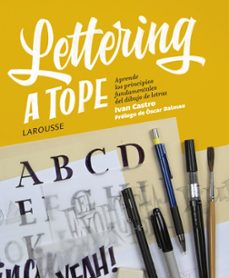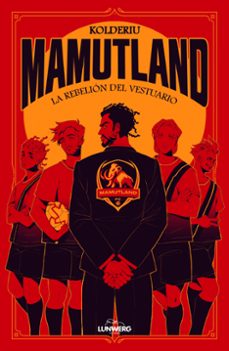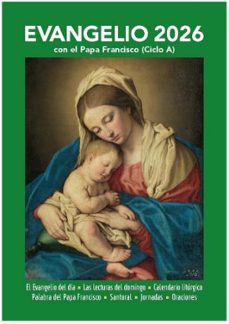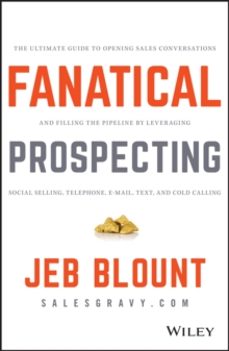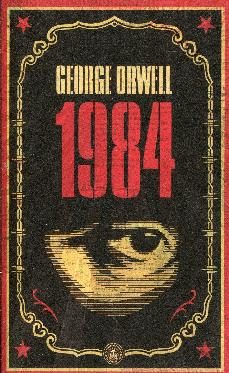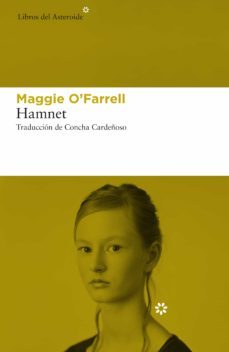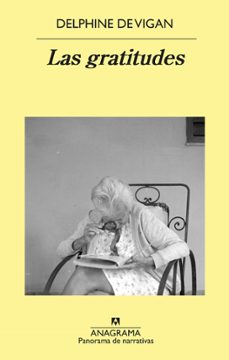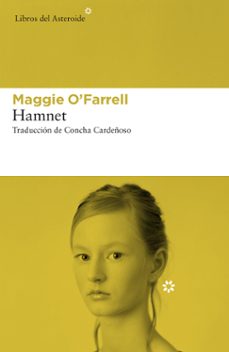📗 Libro en inglés STORM STILL
SEAGULL BOOKS LONDON LTD- 9780857425584
Sinopsis de STORM STILL
Peter Handke, a giant of Austrian literature, has produced decades of fiction, poetry, and drama informed by some of the most tumultuous events in modern history. But even as these events shaped his work, the presence of his mother—a woman whose life spanned the Weimar Republic, both world wars, and the postwar consumer economy—loomed even larger.
In Storm Still, Handke’s most recent work, he returns to the land of his birth, the Austrian province of Carinthia. There on the Jaunfeld, the plain at the center of Austria’s Slovenian settlement, the dead and the living of a family meet and talk. Composed as a series of monologues, Storm Still chronicles both the battle of the Slovene minority against Nazism and their love of the land. Presenting a panorama that extends back to the author’s bitter roots in the region, Storm Still blends penetrating prose and poetic drama to explore Handke’s personal history, taking up themes from his earlier books and revisiting some of their characters. In this book, the times of conflict and peace, war and prewar, and even the seasons themselves shift and overlap. And the fate of an orchard comes to stand for the fate of a people.
Ficha técnica
Editorial: Seagull Books London Ltd
ISBN: 9780857425584
Idioma: Inglés
Número de páginas: 124
Tiempo de lectura:
2h 29m
Encuadernación: Tapa blanda
Fecha de lanzamiento: 11/10/2019
Año de edición: 2019
Especificaciones del producto
Escrito por Peter Handke
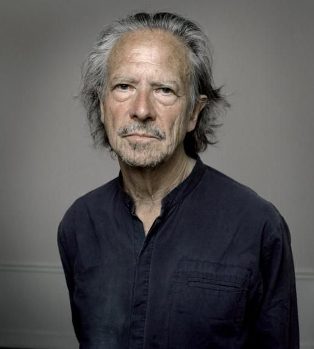
El escritor austriaco Peter Handke (1942) es ya un clásico contemporáneo de la literatura en lengua alemana. Con un estilo literario en el que prima la calidad y la autenticidad, por encima de cualquier otra consideración, su medio centenar de novelas, ensayos y obras de teatro tienen en común la angustia de la soledad, la incomunicación y, en no menor medida, la búsqueda de momentos trascendentes en el seno de la realidad cotidiana, eso que llama «umbrales». Además del Premio Nobel de Literatura 2019, Handke recibió el Premio Georg Büchner (1973), equivalente al Cervantes de las letras alemanas, el Premio Kafka (1976) y el Premio Heine (2006), que rechazó. La mayor parte de su obra ha sido publicada a lo largo de los años en Alianza Editorial.
Descubre más sobre Peter Handke Recibe novedades de Peter Handke directamente en tu email
Opiniones sobre STORM STILL
¡Sólo por opinar entras en el sorteo mensual de tres tarjetas regalo valoradas en 20€*!
